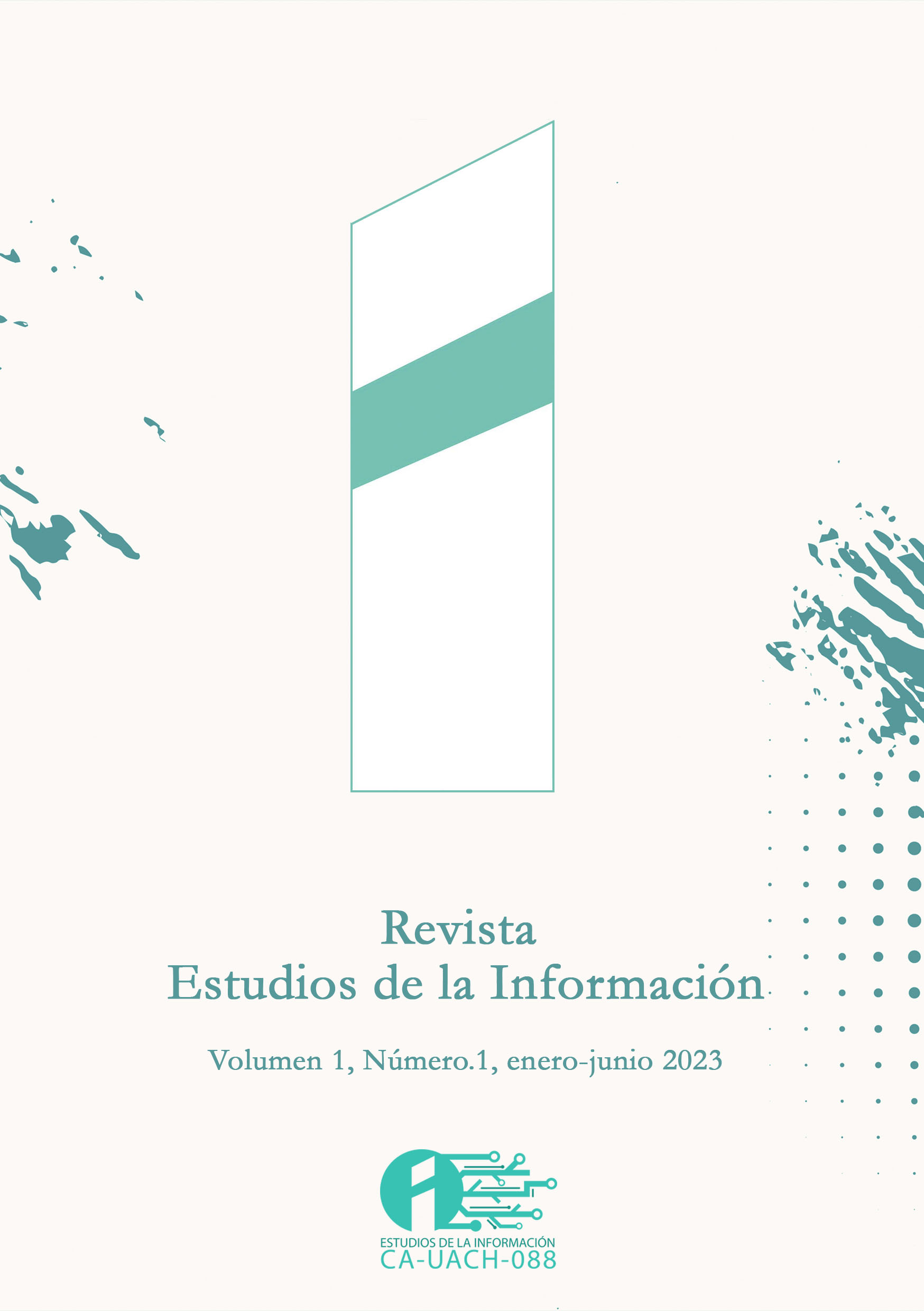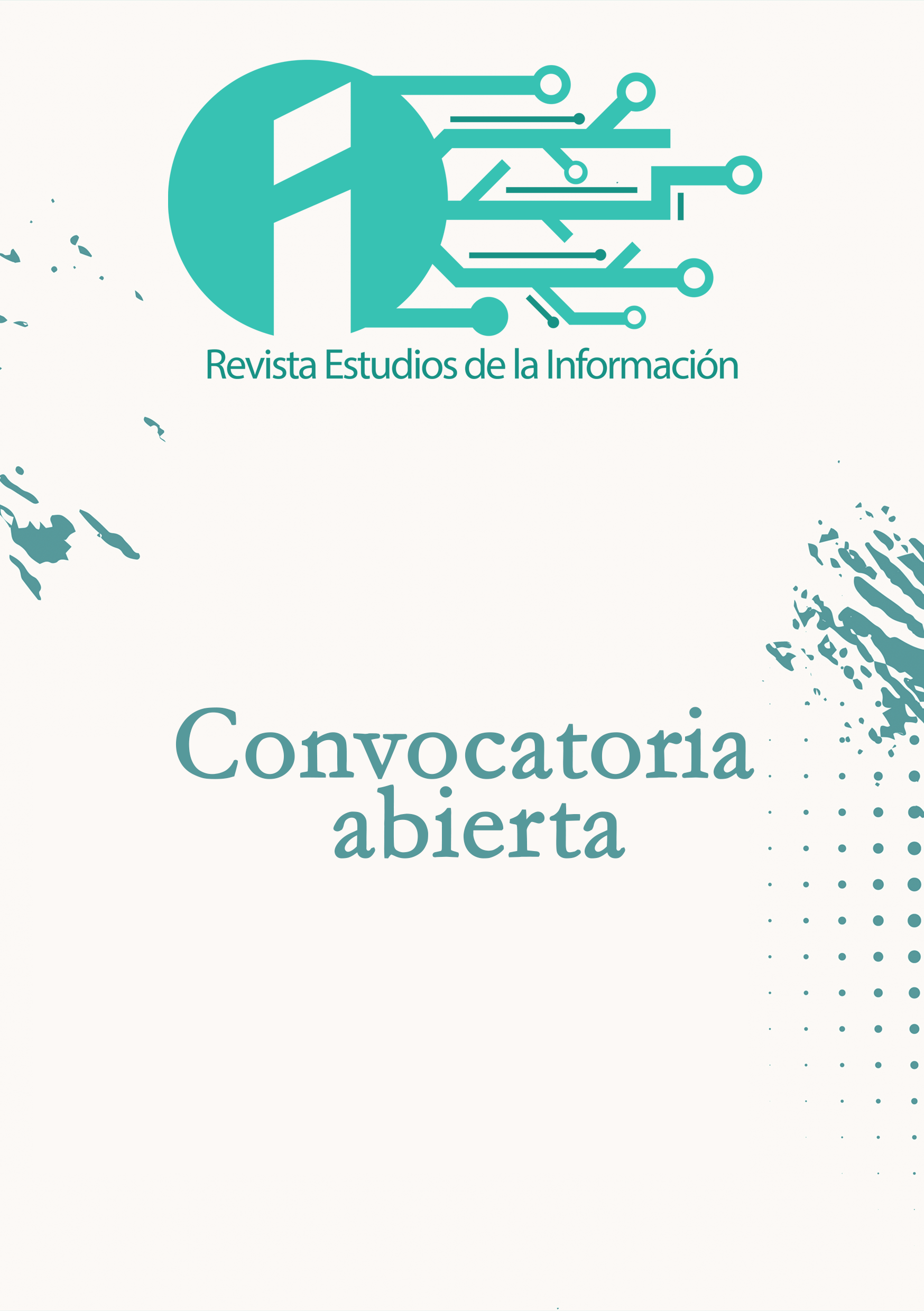El metaverso y su aplicación en la democratización de la educación
DOI:
https://doi.org/10.54167/rei.v1i1.1214Palabras clave:
Metaverso, democratización de la educación, innovación educativa, realidad virtual, e-learningResumen
Los procesos de enseñanza-aprendizaje se encuentran en un constante cambio con el fin de adaptase a las necesidades de las sociedades modernas. La implementación de la dimensión digital en la educación ha permitido transitar de un sistema áulico a uno virtual, lo que sitúa al metaverso como una alternativa para que el maestro y el alumno interactúen dentro de un ambiente totalmente virtual en las próximas generaciones. En este contexto, se realizó una investigación de tipo documental de la literatura científica acerca del tema, mediante la aplicación de un estudio descriptivo, con el objetivo de comprender las características del metaverso y su aplicación en la democratización de la educación. Para ello, se profundizó en los conceptos de metaverso, e-learning, realidad virtual, realidad aumentada y realidad mixta; así como en la aplicación de las tecnologías inmersivas para contribuir en la democratización de la educación. Se encontró que las principales aplicaciones del metaverso están relacionadas con el entrenamiento profesional a través de simulaciones educativas y el desarrollo de actividades lúdicas como apoyo en el proceso de enseñanza-aprendizaje.
Descargas
Citas
Ali, A. (2022). An overview of cloud computing for the advancement of the e-learning process. Journal of Theoretical and Applied Information Technology, 100(3), 847-855. http://www.jatit.org/volumes/Vol100No3/22Vol100No3.pdf
Amponsah, S., van Wyk, M. M., y Kolugu, M. K. (2022). Academic experiences of “Zoom-fatigue” as a virtual streaming phenomenon during the COVID-19 pandemic. International Journal of Web-Based Learning and Teaching Technologies, 17(6), 1-16. http://doi.org/10.4018/IJWLTT.287555
Bajaña Quiroz, F. M., y Bustos Bohorquez, A. A. (2022). Consecuencias del desarrollo en la educación en tiempos de post pandemia. Ciencia y Educación, 3(8), 16-25. https://www.cienciayeducacion.com/index.php/journal/article/view/149
Boellstorff, T. (2015). Coming of age in Second Life: An anthropologist explores the virtually human. Princeton University Press.
Buchholz, F., Oppermann, L., y Prinz, W. (2022). There’s more than one metaverse. i-com, 21(3), 313-324. https://doi.org/10.1515/icom-2022-0034
Buhalis, D., Lin, M. S., y Leung, D. (2022). Metaverse as a driver for customer experience and value co-creation: Implications for hospitality and tourism management and marketing. International Journal of Contemporary Hospitality Management, 35(2), 701-716. https://doi.org/10.1108/IJCHM-05-2022-0631
Cabero-Almenara, J., Valencia-Ortiz, R., y Llorente-Cejudo, C. (2022). Ecosistema de tecnologías emergentes: Realidad aumentada, virtual y mixta. Revista Tecnología, Ciencia y Educación, (23), 7-22. https://dialnet.unirioja.es/servlet/articulo?codigo=8631820
Campos Sánchez, C. M., Guillén León, L. A., Acosta Yanes, R. C., y Gil Oloriz, M. A. (2022). Metaverso: El futuro de la medicina en un mundo virtual. Metaverse Basic and Applied Research, 1, 4. https://doi.org/10.56294/mr20224
Canese, V., Mereles, J. I., y Amarilla, J. (2021). Educación remota y acceso tecnológico en Paraguay: Perspectiva de padres y alumnos a través del COVID-19. Trilogía Ciencia Tecnología Sociedad, 13(24). https://doi.org/10.22430/21457778.1746
Carter, D. (2022). Immersive employee experiences in the Metaverse: Virtual work environments, augmented analytics tools, and sensory and tracking technologies. Psychosociological Issues in Human Resource Management, 10(1), 35-49. https://www.ceeol.com/search/article-detail?id=1052535
Comelles, C. A. (2022). El derecho civil ante el Metaverso: Hacia un Metalaw europeo y sus remedios en el Multiverso. Derecho Digital e Innovación, (12), 2. https://dialnet.unirioja.es/servlet/articulo?codigo=8502542
Covas Alves, V. (2020). Estudio sobre el uso de la gamificación en plataformas de e-learning: Teorías de comportamiento, tasas de participación y experiencias de uso. Sintaxis, 1(5), 128-147. https://doi.org/10.36105/stx.2020n5.07
Craig, A. B. (2013). Understanding augmented reality: Concepts and applications. Elsevier.
Crespo-Pereira, V., Sánchez-Amboage, E., y Membiela-Pollán, M. (2023). Facing the challenges of metaverse: A systematic literature review from social sciences and marketing and communication. Profesional de la Información, 32(1), e320102. https://doi.org/10.3145/epi.2023.ene.02
Cui, H., Xu, Z., y Yao, C. (2022). Will the Metaverse be the future of the Internet? En Proceedings of the 2022 8th International Conference on Humanities and Social Science Research (pp. 2165-2170). Chongqing, China. https://doi.org/10.2991/assehr.k.220504.392
Díaz Vásquez, R. A., Machuca Vivar, S. A., y Checa Cabrera, M. A. (2022). Técnicas y herramientas para la realización de pruebas virtuales en un modelo de aprendizaje electrónico. Revista Conrado, 18(S3), 112-119. https://conrado.ucf.edu.cu/index.php/conrado/article/view/2643
Díaz, S., Díaz, J., y Arango López, J. (2018). Clases de historia en mundos virtuales: ¿Cómo podemos mejorarlo? Campus Virtuales, 7(2), 81-91. https://bit.ly/3IZUlag
Dugarte-Peña, G. L., Rodríguez de Cora, R., y Ballester, M. (2022). Cumplimiento sistémico de los Objetivos de Desarrollo Sostenible (ODS) por medio de una aplicación informática. En M. T. Sanz, I. Puebla y G. L. Dugarte-Peña (Eds.), IV Congreso Iberoamericano de Soluciones Sistémicas para la Transformación de las Organizaciones (pp. 36-37). Sociedad Española de Sistemas Generales. https://ciimacs.es/wp-content/uploads/2023/02/Libro-Resumenes-IV-CISSTO.pdf
Dwivedi, Y. K., Hughes, L., Baabdullah, A. M., Ribeiro-Navarrete, S., Giannakis, M., Al-Debei, M. M., ... Wamba, S. F. (2022). Metaverse beyond the hype: Multidisciplinary perspectives on emerging challenges, opportunities, and agenda for research, practice and policy. International Journal of Information Management, 66, 102542. https://doi.org/10.1016/j.ijinfomgt.2022.102542
Elias Ramos, C. M., Vargas Aparcana, S. I., y Castillo Ly, K. V. B. (2021). La realidad virtual en la experiencia educativa de pregrado. Delectus, 4(1), 139-145. https://doi.org/10.36996/delectus.v4i1.72
Elmasry, T. K., Hazan, E., Khan, H., Kelly, G., Srivastava, S., Yee, L., y Zemmel, R. W. (2022). Value creation in the metaverse: The real business of the virtual world. McKinsey & Company. https://mck.co/3GO7ql2
Engel, A., y Coll, C. (2022). Entornos híbridos de enseñanza y aprendizaje para promover la personalización del aprendizaje. Revista Iberoamericana de Educación a Distancia, 25(1), 225-242. https://doi.org/10.5944/ried.25.1.31489
Ewolf, R. (2022, 19 de abril). Protometaversos. Qué lejos queda eso del Metaverso, ¿verdad? Nivel Oculto. https://bit.ly/3R1Oof5
Gallego, M. C. (2022). Metaverso: La expansión del mundo que conocemos. Vida Económica: La revista empresarial de Málaga. https://bit.ly/3NmKeyn
Garavand, A., y Aslani, N. (2022). Metaverse phenomenon and its impact on health: A scoping review. Informatics in Medicine Unlocked, 32, 101029. https://doi.org/10.1016/j.imu.2022.101029
García Sánchez, N., y Orejudo, J. P. (2022). Teachers and augmented reality: New educational paradigm, new teaching role. Human Review. International Humanities Review / Revista Internacional de Humanidades, 14(5), 1-10. https://doi.org/10.37467/revhuman.v11.4155
Garzón, J., Pavón, J., y Baldiris, S. (2019). Systematic review and meta-analysis of augmented reality in educational settings. Virtual Reality, 23, 447-459. https://doi.org/10.1007/s10055-019-00379-9
Gursoy, D., Malodia, S., y Dhir, A. (2022). The metaverse in the hospitality and tourism industry: An overview of current trends and future research directions. Journal of Hospitality Marketing & Management, 31(5), 527-534. https://doi.org/10.1080/19368623.2022.2072504
Gutiérrez, R. S., Duque, E. T., Chaparro, R. L., y Rojas, N. R. (2018). Aprendizaje de los conceptos básicos de realidad aumentada por medio del juego Pokemon Go y sus posibilidades como herramienta de mediación educativa en Latinoamérica. Información Tecnológica, 29(1), 49-58. https://doi.org/10.4067/S0718-07642018000100049
Han, E., Miller, M. R., DeVeaux, C., Jun, H., Nowak, K. L., Hancock, J. T., Ram, N., y Bailenson, J. N. (2023). People, places, and time: A large-scale, longitudinal study of transformed avatars and environmental context in group interaction in the metaverse. Journal of Computer-Mediated Communication, 28(2), zmac031. https://doi.org/10.1093/jcmc/zmac031
He, P., Li, Y., y Li, N. (2022). Augmented reality head up display (AR HUD) system for the electric vehicles (EV) color-blind drivers. International Journal of Education and Technology, 3(2), 53-56. https://bit.ly/3oAR7lw
Herbert, L. (2017). Digital transformation: Build your organization's future for the innovation age. Bloomsbury Publishing.
Hew, K. F., Hu, X., Qiao, C., y Tang, Y. (2020). What predicts student satisfaction with MOOCs: A gradient boosting trees supervised machine learning and sentiment analysis approach. Computers & Education, 145, 103724. https://doi.org/10.1016/j.compedu.2019.103724
Hutson, J. (2022). Social virtual reality: Neurodivergence and inclusivity in the metaverse. Societies, 12(4), 102. https://doi.org/10.3390/soc12040102
Jarrín Miranda, J. J. (2023). Aplicación de metodologías activas en modalidad e-learning en el año 2022: Caso carrera de comunicación de la Universidad de Guayaquil. Revista Científica UISRAEL, 10(1), 99-114. https://doi.org/10.35290/rcui.v10n1.2023.682
Joyanes Aguilar, L. (2021). Internet de las cosas: Un futuro hiperconectado: 5G, inteligencia artificial, big data, cloud, blockchain, ciberseguridad. Alpha Editorial.
Kiong, L. V. (2022). Metaverse made easy: A beginner’s guide to the Metaverse: Everything you need to know about Metaverse, NFT and GameFi. Independently Publisher.
Kye, B., Han, N., Kim, E., Park, Y., y Jo, S. (2021). Educational applications of metaverse: Possibilities and limitations. Journal of Educational Evaluation for Health Professions, 18, 32. https://doi.org/10.3352/jeehp.2021.18.32
Liz Gutiérrez, A. M. (2020). ¿Un mundo nuevo? Realidad virtual, realidad aumentada, inteligencia artificial, humanidad mejorada, Internet de las cosas. Arbor, 196(797), a572. https://doi.org/10.3989/arbor.2020.797n3009
Maatuk, A. M., Elberkawi, E. K., Aljawarneh, S., Rashaideh, H., y Alharbi, H. (2022). The COVID-19 pandemic and e-learning: Challenges and opportunities from the perspective of students and instructors. Journal of Computing in Higher Education, 34(1), 21-38. https://doi.org/10.1007/s12528-021-09274-2
Mariscal, G., Jiménez, E., Vivas-Urías, M. D., Redondo-Duarte, S., y Moreno-Pérez, S. (2020). Virtual reality simulation-based learning. Education in the Knowledge Society, 21, 11. https://doi.org/10.14201/eks.23004
Martínez Sánchez, R. (2023). 360º videos as a tool for social skills training with ASD students. Metaverse Basic and Applied Research, 2, 34. https://doi.org/10.56294/mr202334
Méndez Escobar, A. (2021). Educación en tiempos de pandemia (COVID-19). Revista de la Universidad de La Salle, (85), 51-59. https://ciencia.lasalle.edu.co/ruls/vol2020/iss85/4
Montenegro-Rueda, M., y Fernández-Cerero, J. (2022). Realidad aumentada en la educación superior: Posibilidades y desafíos. Revista Tecnología, Ciencia y Educación, (23), 95-114. https://doi.org/10.51302/tce.2022.858
Moreno Martínez, N. M., Leiva Olivencia, J. J., y Matas Terrón, A. (2016). Herramientas de realidad aumentada para la enseñanza superior en el área de medicina. Hekademos: Revista Educativa Digital, (21), 19-33. https://dialnet.unirioja.es/servlet/articulo?codigo=6280721
Noguera Oviedo, K. M., y Olivero Verbel, J. (2010). Second Life: Una plataforma ideal para la química virtual. Revista Guillermo de Ockham, 8(1), 65-72. http://www.revistas.usb.edu.co/index.php/GuillermoOckham/article/view/554/355
Nuncio, R. V., y Felicilda, J. M. B. (2021). Cybernetics and simulacra: The hyperreality of augmented reality games. KRITIKE: An Online Journal of Philosophy, 15(2), 39-67. http://www.kritike.org/journal/issue_29/nuncio&felicilda_december2021.pdf
Pacheco Pérez, X. O., y Rosales Crespo, E. J. (2022). TIC’s en la educación en contextos de disrupción tecnológica. Reciamuc, 6(1), 139-148. https://doi.org/10.26820/reciamuc/6.(1).enero.2022.139-148
Patarroyo López, L. E., Soto Barajas, M., y Valdés Dávila, M. (2022). Desafíos y aprendizajes en la formación de formadores surgidos por la COVID-19. Sinéctica, (58), e1394. https://doi.org/10.31391/s2007-7033(2022)0058-017
Peláez Sánchez, I., Glasserman Morales, L., y George Reyes, C. (2022). El metaverso, mundo virtual para el bien social y la promoción del aprendizaje inmersivo. Misceláneas Educativas, (48), 2. https://pedagogia.ubp.edu.ar/wp-content/uploads/2022/07/N48_art2.pdf
Pineda-Luna, O. (2023). Metaverso y la educación del copy-paste: La invasión de las plataformas digitales. Revista de Pedagogía Crítica, 20(27), 36-54. http://revistas.academia.cl/index.php/pfr/article/view/2355/2532
Piscitelli Altomari, A. G. (2017). Realidad virtual y realidad aumentada en la educación, una instantánea nacional e internacional. Economía Creativa, (7), 34-65. https://www.redalyc.org/articulo.oa?id=547569102003
Renieris, E. M. (2023). Beyond data: Reclaiming human rights at the dawn of the metaverse. MIT Press.
Ricoy Casas, R. M. (2022). Hologramas y avatares para la persuasión política. VISUAL REVIEW. International Visual Culture Review/Revista Internacional de Cultura Visual, 9(4), 1-10. https://doi.org/10.37467/revvisual.v9.3547
Ríos-Llamas, C. (2022). Arquitectura, metaverso y la amplificación de corporalidades en espacios online y offline. Communication Papers, 11(23), 136-151. https://doi.org/10.33115/udg_bib/cp.v11i23.22832
Riutord-Sbert, P., Gil, P. T., Pereira, T. C., Szupiany-Janeczek, T., Barkvoll, P., López-González, Á. A., y González-Carrasco, D. (2023). Aplicación del metaverso como técnica de aprendizaje en el grado de odontología. Estudio preliminar. Academic Journal of Health Sciences: Medicina Balear, 38(2), 43-53. https://dialnet.unirioja.es/servlet/articulo?codigo=8845433
Rodríguez, S. B. (2020). La videoconferencia como herramienta digital para el trabajo colaborativo en la educación superior. Revista Iberoamericana para la Investigación y el Desarrollo Educativo, 11(21), e240. https://doi.org/10.23913/ride.v11i21.959
Samaniego Villarroel, J. C. (2016). Realidad virtual en la educación: El próximo desafío. Journal of Science and Research, 1, 57-61. https://doi.org/10.26910/issn.2528-8083vol1issCITT2016.2016pp57-61
Shin, E., y Kim, J. H. (2022). The metaverse and video games: Merging media to improve soft skills training. Journal of Internet Computing and Services, 23(1), 69-76. https://doi.org/10.7472/JKSII.2022.23.1.69
Solórzano Álava, W. L., Rodríguez Rodríguez, A., Rodríguez Sinisterra, G. M., Zambrano Zambrano, S. M., y Quinde Muñoz, W. W. (2022). Impacto del uso de e-learning en la educación superior. UNESUM-Ciencias: Revista Científica Multidisciplinaria, 6(4), 143-150. https://doi.org/10.47230/unesum-ciencias.v6.n4.2022.690
Sparkes, M. (2021). What is a metaverse. New Scientist, 251(3348), 18. https://doi.org/10.1016/S0262-4079(21)01450-0
Stecuła, K., y Wolniak, R. (2022). Advantages and disadvantages of e-learning innovations during COVID-19 pandemic in higher education in Poland. Journal of Open Innovation: Technology, Market, and Complexity, 8(3), 159. https://doi.org/10.3390/joitmc8030159
Tlili, A., Huang, R., Shehata, B., Liu, D., Zhao, J., Metwally, A. H. S., ... y Burgos, D. (2022). Is Metaverse in education a blessing or a curse: a combined content and bibliometric analysis. Smart Learning Environments, 9, 24. https://doi.org/10.1186/s40561-022-00205-x
Torres Reyes, A. (2022). De la digitalización al metaverso. Otra Economía, 15(28), 110-124. https://www.revistaotraeconomia.org/index.php/otraeconomia/article/view/14987
Vargas Portugal, K. (2022). Metaverse: Theoretical construction and field of action. Fronteras en Ciencias Sociales y Humanidades, 1(1), 22-37. https://fronterasdelasociedad.com/index.php/ferevista/article/view/38/91
Wu, J. G., Zhang, D., y Lee, S. M. (2023). Into the brave new metaverse: Envisaging future language teaching and learning. IEEE Transactions on Learning Technologies. https://doi.org/10.1109/TLT.2023.3259470
Yilmaz, M., O’Farrell, E., y Clarke, P. (2023). Examining the training and education potential of the metaverse: Results from an empirical study of next generation SAFe training. Journal of Software: Evolution and Process, e2531. https://doi.org/10.1002/smr.2531
Yue, K. (2022). Breaking down the barrier between teachers and students by using metaverse technology in education: Based on a survey and analysis of Shenzhen City, China. En Proceedings of the 13th International Conference on E-Education, E-Business, E-Management, and E-Learning (pp 40-44). Association for Computing Machinery. https://doi.org/10.1145/3514262.3514345
Zhao, G., Zhang, L., Chu, J., Zhu, W., Hu, B., He, H., y Yang, L. (2023). An augmented reality based mobile photography application to improve learning gain, decrease cognitive load, and achieve better emotional state. International Journal of Human-Computer Interaction, 39(3), 643-658. https://doi.org/10.1080/10447318.2022.2041911
Descargas
Publicado
Cómo citar
-
Resumen828
-
PDF482















